|
|
|
|
Foreign Minister Penny Wong didn’t announce a change in government policy this week when it comes to official recognition of a state of Palestine. But the mere suggestion was enough to create a political furore.
The Coalition immediately went on the attack, accusing Wong of “irreparably” damaging Australia’s relations with Israel. But Wong was simply reiterating a stance the Labor Party incorporated in its national platform in 2021 – and has yet to formally make official since taking government.
The debate this week is reflective of how fraught this issue has been for both main Australian political parties going back decades, as Micaela Sahhar and Stephen Pascoe explain.
In the 1960s, for instance, the Palestine Liberation Organisation was viewed in the same light as the African National Congress was in South Africa – as an irredeemable terrorist organisation.
In more recent years, the Rudd-Gillard government repositioned Australia’s relationship with Israel in a more critical light, but soon after, the country’s politicians returned to the former bipartisan consensus around Israel.
When Labor returned to power in 2022, it began to shift on the issue yet again, reversing the Coalition’s stance on Israel’s West Bank settlements and recognising them as illegal under international law.
A move toward formal recognition of Palestinian statehood would be a major change in policy, Sahhar and Pascoe write. But in their view, much more needs to be done if Australia is to be “a constructive partner in the meaningful achievement of Palestinian self-determination”.
Meanwhile, Michelle Grattan says Wong’s speech indicates the Albanese government is no longer being overly cautious. Besides his harsh criticism of Israel following the strikes that killed Australian Zomi Frankcom and other aid workers in Gaza, Albanese said Australia needs to “break with old orthodoxies” as he introduced a plan for a highly interventionist new industry policy.
As Grattan writes, “Albanese is extremely comfortable with the interventionist pivot. After all, it takes him back to his political roots, when as a young left-winger he was critical of Labor’s embrace of the free market. It also taps into a broad Labor pro-manufacturing strand.”
As for the wider implications, Naoise McDonagh writes that the new Future Made in Australia Act will mark a sharp break with decades of aversion to large-scale economic intervention, as Australia spends billions trying to level the international playing field for its manufacturing industry.
Australia now joins other countries such as the US and Japan in the great “geoeconomic game” profoundly reshaping international supply chains. But there’s a dissonance to the fact that a country whose wealth has been built on international trade is now moving to a posture of protectionism.
|

|
Justin Bergman
International Affairs Editor
|
|
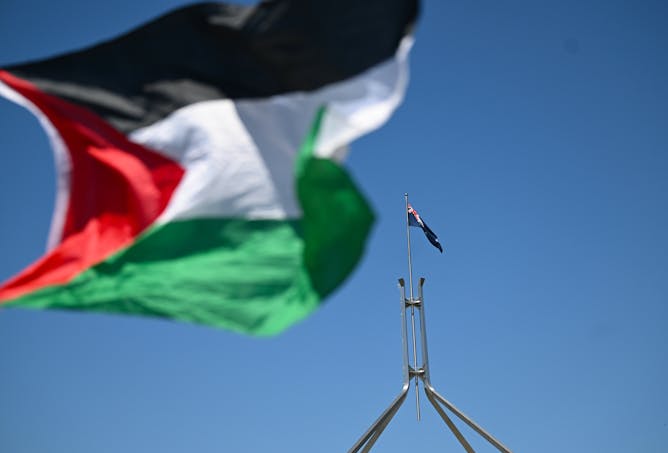
Lukas Coco/AAP
Micaela Sahhar, The University of Melbourne; Stephen Pascoe, UNSW Sydney
Australia’s recognition of Palestinian statehood is the result of decades of grassroots activism, but much work remains to be done to achieve Palestinian self-determination.
|
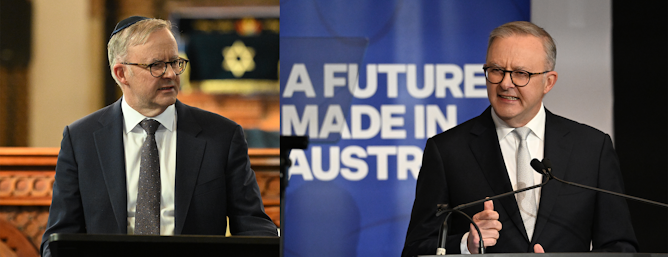
Darrem England/AAP & James Ross/AAP
Michelle Grattan, University of Canberra
Albanese has released two stances on vastly different issues, one of which is a shift in industry policy and the other in the government response to the conflict in Gaza the past week, as he sets himself up for the budget.
|

IM Imagery/Shutterstock
Naoise McDonagh, Edith Cowan University
The policy will see Australia join the great ‘geoeconomic game’ reshaping international supply chains. But it won’t be without new risks for doing business.
|
Best reads this week
|
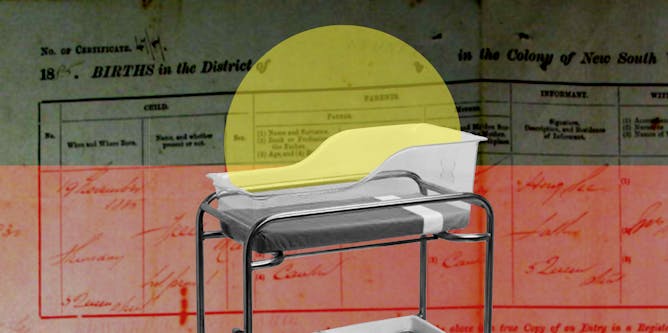
Laura Rademaker, Australian National University; Jakelin Troy, University of Sydney; Julia Hurst, The University of Melbourne
Indigenous people have long spoken about coercive practices of officials and experts around birth control, as late as the 1960s. Now historians are finding evidence in the government’s own records.
|
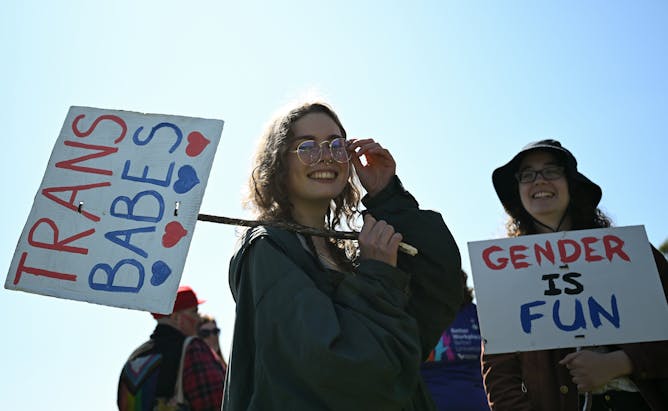
Louise Richardson-Self, University of Tasmania
In her new book, Who’s Afraid of Gender?, feminist philosopher Judith Butler explains how gender and sex are socially constructed, while fighting critics who see gender as a threat to the social order.
|
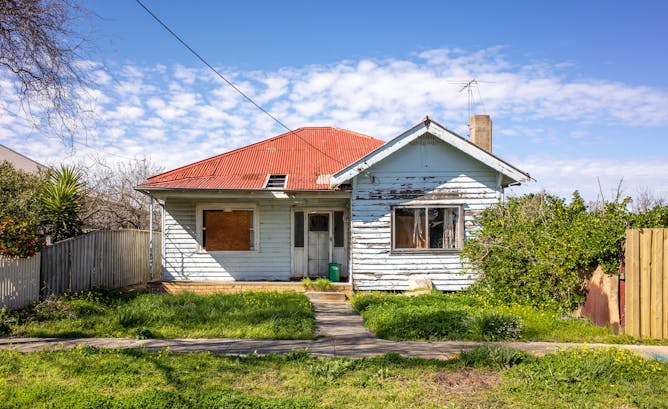
Cathy Sherry, Macquarie University
What are ‘squatters’ rights’ and do they apply in Australia? They do, but using them will likely prove difficult.
|

Elise Waghorn, RMIT University
It’s hard not to shout guidance at kids’ sports games. But there are ways to do this without pressuring or criticising your child.
|
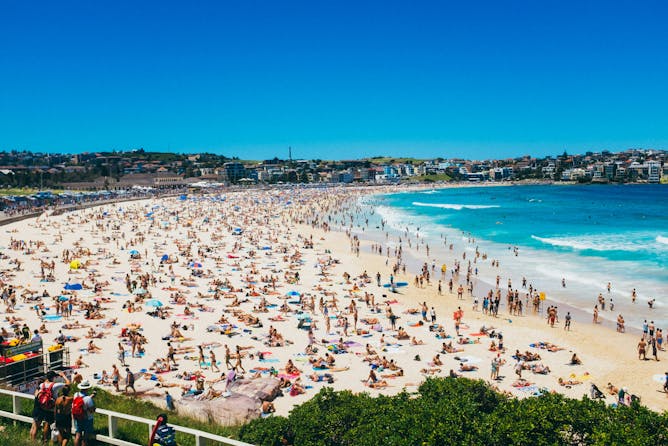
Liz Allen, Australian National University
Australia’s latest population projection figures have just come out. This is what they show about our demographics and where the country is heading in the future.
|
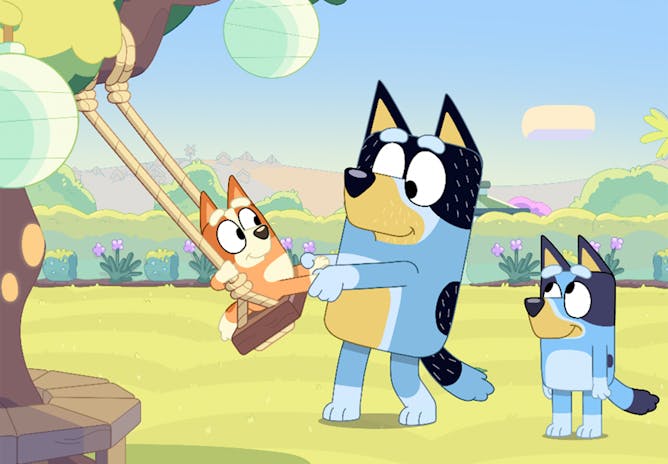
Divna Haslam, Queensland University of Technology
In our house, we watch Bluey guilt-free. Here’s why.
|
Podcasts
|
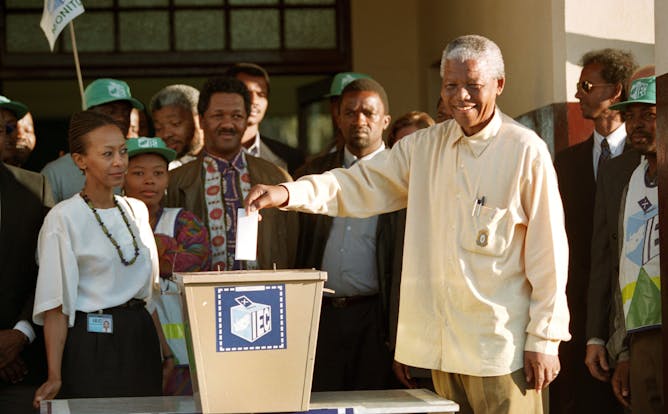
Nelson Mandela casts his vote in South Africa’s 1994 election.
TT News Agency / Alamy Stock Photo
Gemma Ware, The Conversation; Thabo Leshilo, The Conversation
The first episode of What happened to Nelson Mandela’s South Africa?, a three-part podcast series on The Conversation Weekly. Featuring interviews with Steven Friedman and Sandy Africa.
|
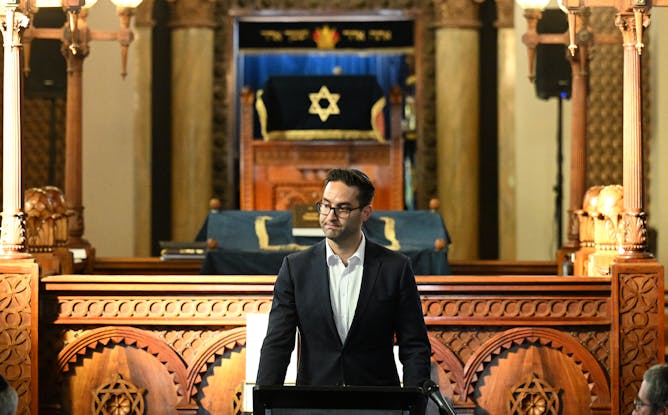
James Ross/AAP
Michelle Grattan, University of Canberra
Labor MP Josh Burns joins us to discuss the government moving towards recognition of a Palestinian state to help facilitate a two-state solution and the wider Middle East crisis.
|
Our most-read article this week
|
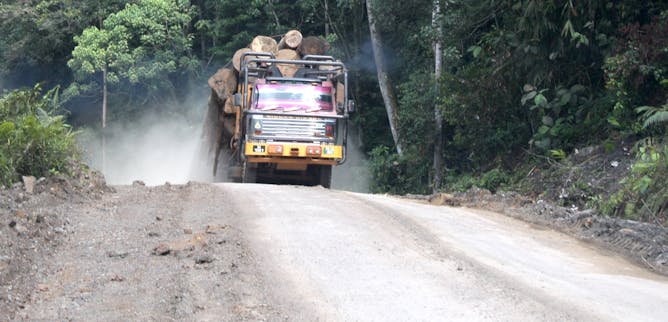
Bill Laurance, James Cook University
What harm can a road do? Plenty. Once built, illegal roads let loggers, miners, poachers and landgrabbers into the jungle, and the felling begins.
|
In case you missed this week's big stories
|
-
Michelle Grattan, University of Canberra
Anthony Albanese will outline his plan for a “Future Made in Australia Act” which will bring together in a whole package of new and existing initiatives to boost investment in Australia.
-
Paula Gerber, Monash University
For the first time since gender identity was added to the Sex Discrimination Act, it’s being tested in court. At its heart, the case looks at the rights and recognition of transgender people.
-
Natasha Karner, RMIT University
The age of AI warfare has arrived – and it’s not looking good.
-
Alex Sen Gupta, UNSW Sydney; Kathryn Smith, Marine Biological Association; Matthew England, UNSW Sydney; Neil Holbrook, University of Tasmania; Thomas Wernberg, The University of Western Australia; Zhi Li, UNSW Sydney
Heat is surging in the world’s oceans. Climate change and El Niño explain part of it – but not all.
-
Hunter Fujak, Deakin University; David Rowe, Western Sydney University
From what sports you can watch with an old aerial, to what apps you’ll see when you switch on a new smart TV – sports lovers can expect big changes ahead.
-
Rachael Jefferson, Charles Sturt University
Gymnastics New Zealand has modernised its uniform rules, which is another small step towards improved gender equity in sports.
-
Sean Ulm, James Cook University; Ian J. McNiven, Monash University; Kenneth McLean, Indigenous Knowledge
Pottery made more than 1800 years ago by Aboriginal communities on Jiigurru in the Lizard Island group in the Great Barrier Reef is the oldest ever found in Australia.
-
Emma Beckett, UNSW Sydney
Many have declared drugs like Ozempic could ‘end obesity’. This isn’t just untrue – it also perpetuates fat stigma.
-
C Raina MacIntyre, UNSW Sydney; Ashley Quigley, UNSW Sydney; Haley Stone, UNSW Sydney; Matthew Scotch, Arizona State University; Rebecca Dawson, UNSW Sydney
For now there’s no spread of H5N1 between humans, which is good news. But bird flu is evolving, and we need to stay vigilant.
-
Carol Richards, Queensland University of Technology; Bree Hurst, Queensland University of Technology; Hope Johnson, Queensland University of Technology; Rudolf Messner, Queensland University of Technology
Proposed toughening of the food and grocery code of conduct is long overdue. However, the Australian Competition and Consumer Commission will need to be well resourced to properly regulate the sector.
|
|
| |
|
|
|
James Cook Univeristy
Cairns QLD, Australia
•
Contract
|

|
|
The Conversation AU
Melbourne VIC, Australia
•
Full Time
|

|
|
University of Wollongong
Wollongong NSW, Australia
•
Full Time
|

|
|
|
|
| |
| |
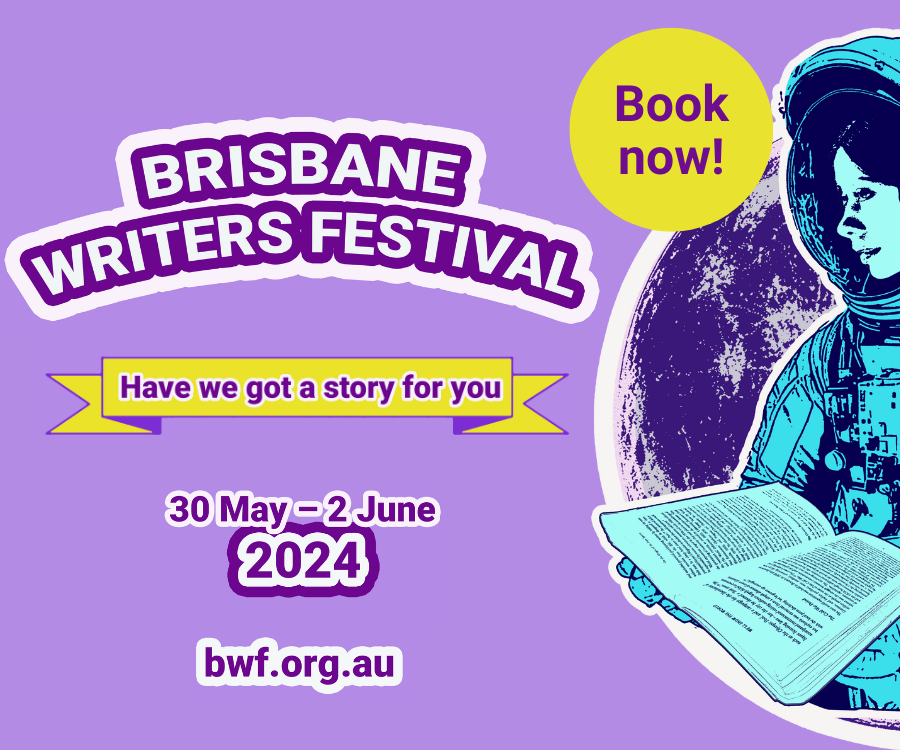
|
| |
| |
| |
Featured Events, Courses & Podcasts
|
View all
|
|
1 January 2023 - 7 October 2026
•
|

|
1 February 2023 - 25 November 2029
•
|
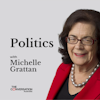
|
|
|

|
22 April 2024
•
Fremantle
|

|
|
|
|
| |
| |
| |
| |
| |
|
|
|
|
|
|
|